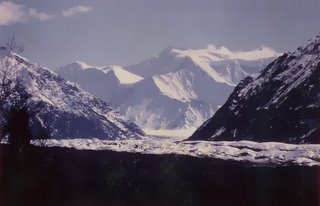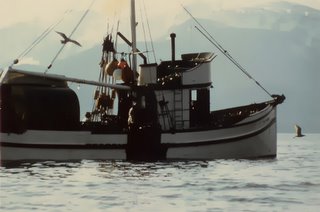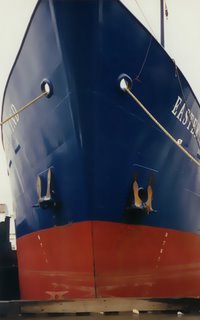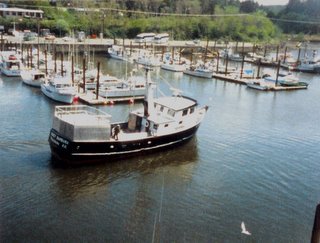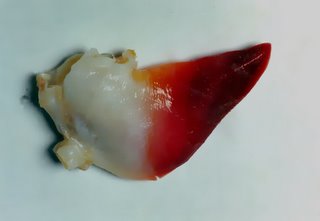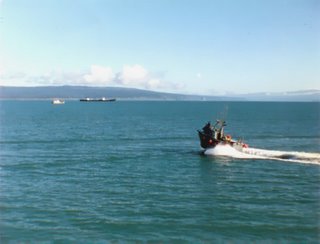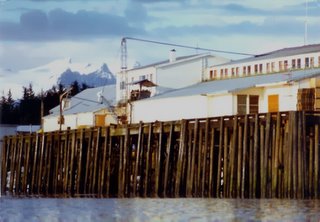Corrections, projections and RFID
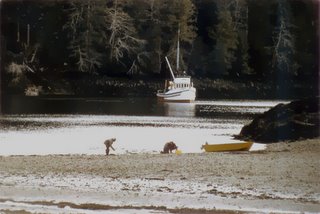
I just have to take a breather and get some other things done, so I'll catch up on corrections, especially before they get too old. Recently I sent a piece to the editor of AlaskaReport for publishing in the Letters to the Editor, written by lifelong Alaska fisherman Victor Smith. Victor wants to fine tune the piece so here's his changes.
We dug steamer clams in Lincoln Channel waiting for some herring to show up. This was a year before the commercial roe herring gillnet fishery in S.E. started.
"The piece I sent you--"But it's all just a coincidence" was a hurried draft and I hadn't run my spell checker or, unfortunately, my "fact checker". While the essential facts are correct, for the record I'd like to correct the chronology. The conversation I had with Bret Barnicutt in which he told me about witnessing Tom Manos writing a check to Murkowski's campaign occurred after I learned of Senator Stevens meeting in Petersburg in the spring of 2002(to pitch "rationalization") and Manos's interest in cod rationalization. That was the context in which Barnicutt brought up Manos's contribution. My conversation with Chad Peterman about the sale of the Solstice occurred in the spring of 2003, not 2002. Also, I expect the sale of Manos's boat closely approximated the timing of his appointment to the Southeast Revitalization Committee, the entity South East Alaska Seiners created to administer the buyback they were pursuing. Sorry for the mix-up." Victor "
And I have to give credit where credit is due on my article about Walmart deciding to go with sustainably caught fish. I was commenting on an AP article, but Elizabeth Bluemink of the Juneau Empire, refers us to her original article that the AP got their information from. Sorry I didn't see your article first Elizabeth.
Some projections for 2006 from the ADF&G site: http://www.sf.adfg.state.ak.us/FedAidPDFs/sp06-07.pdf
The Southeast Alaska pink harvest is projected to be 52 million as opposed to a harvest in 2005 of 57 million.
The troll chinook harvest is projected to be significantly higher than 2005 which had the second highest harvest since statehood. Good going to the ADF&G and the U.S./Canada Treaty Negotiating Team.
The golden king crab harvest in 2005 in Southeast was 525,000 lbs.
The red king crab harvest in 2005 in Southeast was 201,000 lbs.
1.3 million lbs of sea cucumbers were harvested last year in S.E.
5.7 million lbs of red sea urchins were harvested last year in S.E.
403,800 lbs of geoduck clams and 235,000 lbs of weathervane scallops and 850,000 lbs of pot caught prawns were also harvested in S.E. last year.
The Yakutat dungeness crab stocks are still collapsed and there is still no sign of recovery.
More soon on the projections, from strip-mining that annual compendium of Fish and Game's.
Another keeper article on RFID fish tracking using GPS. The State of Alaska is funding it so you should be able to get some results. Although the manufacturer of the equipment seems pretty sure it'll work and probably no reason it wouldn't, unless someone tampered with the sending unit. But then maybe you could put the unit in a "dummy carton."



